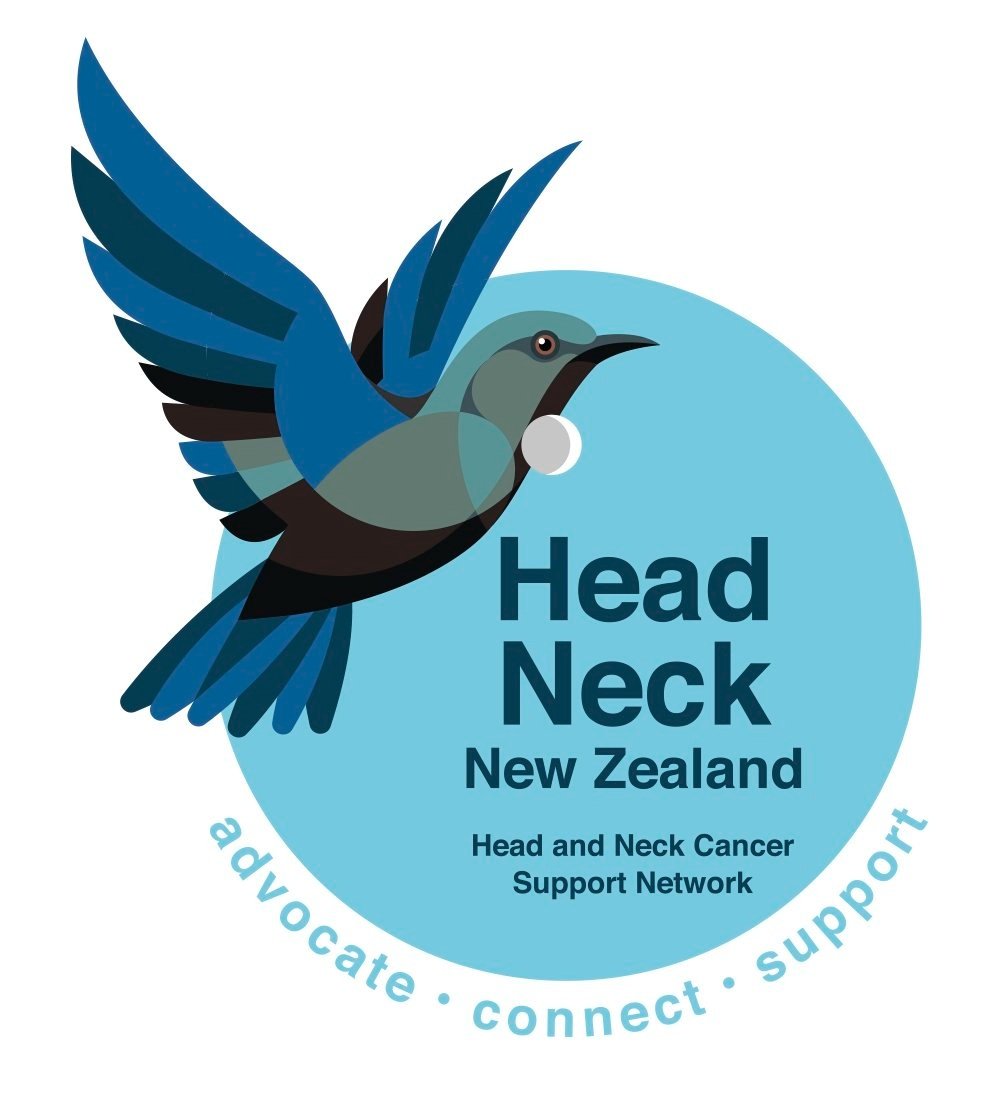Caring for Carers – Head and Neck is a heartfelt and practical presentation dedicated to the whānau, friends, and loved ones who support people with head and neck cancer. Caregivers are often the unsung heroes of the cancer journey—advocates, companions, cooks, nurses, and emotional lifelines all rolled into one.
This presentation explores who caregivers are, what they do, and how we can better support them in their essential roles. It shares encouragement, practical tips for self-care, and ways to build a strong support network. It also highlights organisations and resources available to caregivers in Aotearoa New Zealand.
Whether you are a caregiver, have been one, or may become one, this presentation offers validation, guidance, and a message of deep appreciation: You are seen, you are valued, and you are not alone.
Eileen Brown, RGN, RM, MN – Nurse Manager, Cancer Society Auckland Northland
Eileen Brown is a highly experienced Registered General Nurse and Midwife with nearly 40 years in healthcare, spanning clinical practice, leadership, trauma-informed care, and patient advocacy. Originally from Scotland, she moved to Aotearoa New Zealand in 2006 and has since worked extensively in sexual health and cancer care.
Currently the Nurse Manager at Cancer Society Auckland Northland, Eileen leads a dedicated team supporting people with cancer and their whānau from diagnosis through to survivorship or palliative care. She is committed to culturally responsive, equitable care and empowering communication. Her Master’s research focused on how nurses discuss sexual wellbeing with cancer survivors, reflecting her holistic approach.
Eileen has contributed to the Head and Neck Cancer Oversight Group and Auckland Hospital’s multidisciplinary clinics. Outside of work, she enjoys crime and historical fiction, gardening, and spending time with her grandson at their Northland lifestyle block.
CLICK the Additional Resources to find your local support networks.
Scroll to find more Caregiver’s Resources
-
Often, we don’t even recognise the symptoms of burnout. Sometimes, family carers become so stressed that they lose perspective and do not realise they are no longer coping. Carer burnout is dangerous for both you and your family members.
Being aware of your needs and wellbeing can help you recognise the signs of burnout.Link to Carers.net.nz resources.
-
On an airplane, an oxygen mask descends in front of you. What do you do? As we all know, the first rule is to put on your own oxygen mask before you assist anyone else. Only when we first help ourselves can we effectively help others. Caring for yourself is one of the most important—and one of the most often forgotten—things you can do as a caregiver. When your needs are taken care of, the person you care for will benefit, too.
https://www.caregiver.org/resource/taking-care-you-self-care-family-caregivers/
-
Why Breaks Matter
Taking regular breaks is essential for maintaining health and preventing burnout. Breaks allow caregivers to recharge, reduce stress, and improve overall well-being.
-
Reach out to others for assistance. Sharing your list of tasks you need help with demonstrates your resourcefulness and clarity about your needs. Start by approaching family members, friends, or community caregiver support resources. Use the task list as a tool to explain your situation and make specific requests for help.https://www.caregiveraction.org/getting-help-for-caregivers/
-
Adversity or significant change can have an unsettling impact on us, . Although stress is a normal part of life, we need to take steps to ensure that our responses to it do not have a negative impact on our mental and physical health.
Building resilience can help us to move from simply surviving through tough times to thriving. We can develop action plans to deal with stressful situations which in turn will have a positive impact on both our personal and work life.
Some of us are lucky to have a natural resiliency which helps us get through challenging times, but many of us do not. The good news is that we can build our resiliency. We just need to take action early before stress takes us over. Try some of these tips if you struggle with change and uncertainty:
Cancer Society helpline
The Cancer Society have experience and knows that going through cancer is tough and can raise many questions. They are here for you. From help with getting to your medical appointments or understanding your treatment options to offering practical support, they can help.
They can help you find answers to questions about your treatment and its effects. We're always here for emotional support when things get tough.
For answers, support or just a chat, call free on 0800 CANCER (226 237) Monday to Friday, 8:30am – 5:00 pm.
You can also email, and they will respond as soon as they can: info@cancersoc.org.nz.
-
There are support resources avaliable across Aotearoa New Zealand and Australia. You can access those support services here.
https://www.headandneckcancer.org.au/health-wellbeing/support-groups-for-head-and-neck-cancer/
-
We have free counselling and psychological services for people with cancer and their family/whānau.
We can help you discuss the impact of a cancer diagnosis on your relationships and exploring effective ways of support through this time.
The Concer Society offer one-on-one and group sessions for anyone affected by cancer, including family/whānau members.
If you've just received a cancer diagnosis, are currently having treatment or your treatment has finished, we're here to help. There are links to find support in your region. https://www.cancer.org.nz/how-we-can-help/support-we-offer/psychology-and-counselling/
-
You can download your Patient Planner here PATIENT PLANNER

